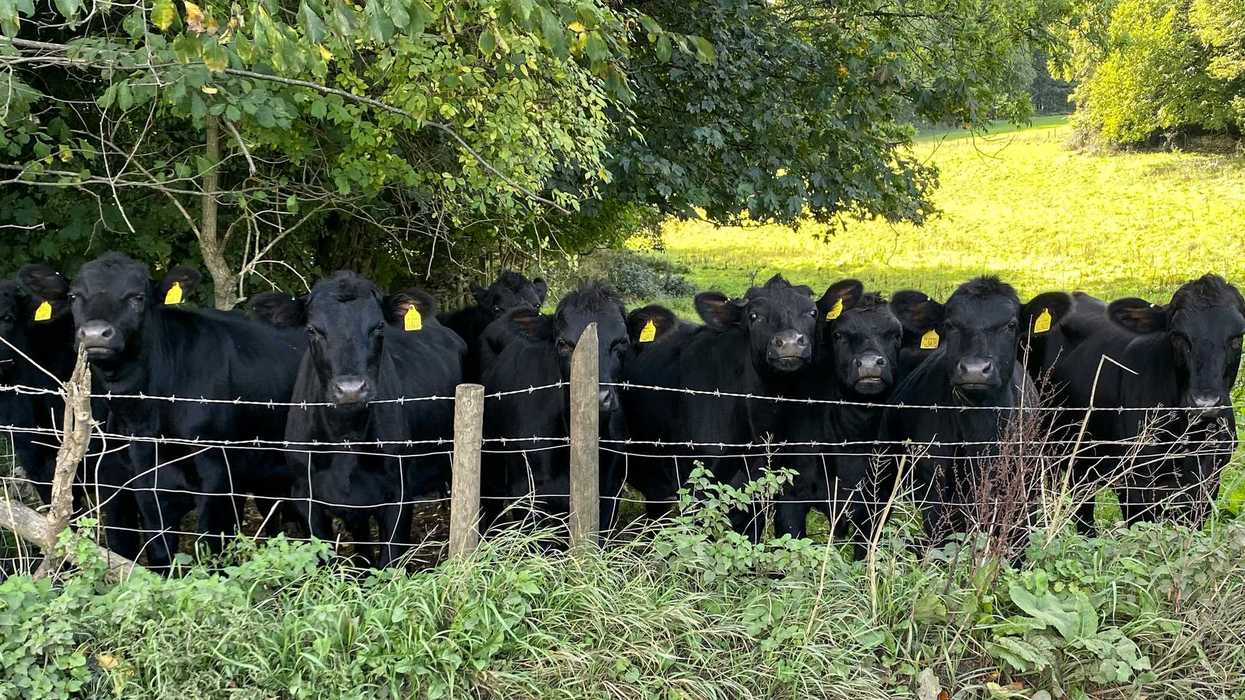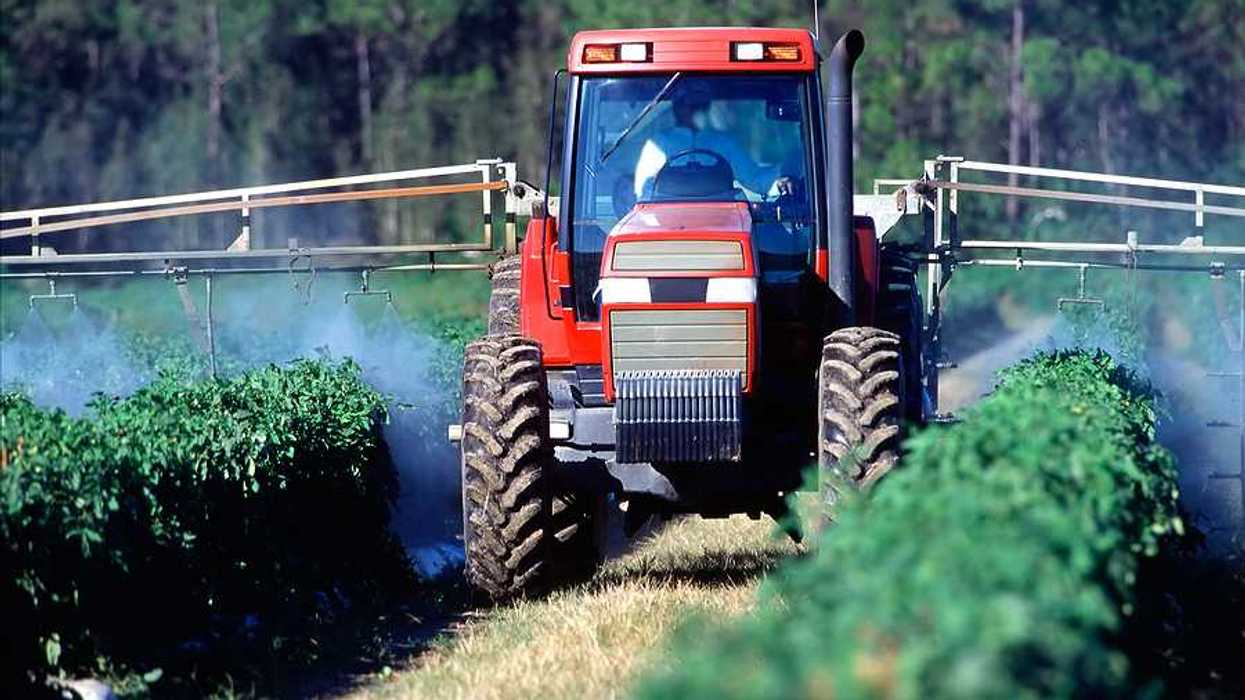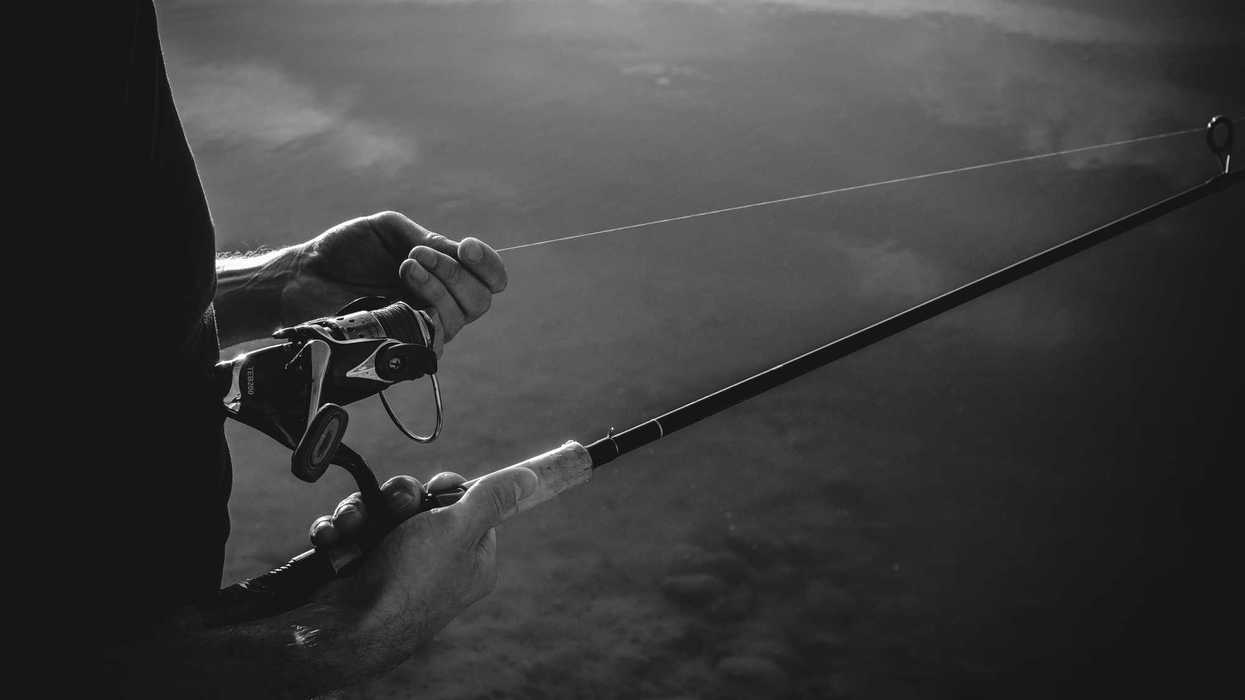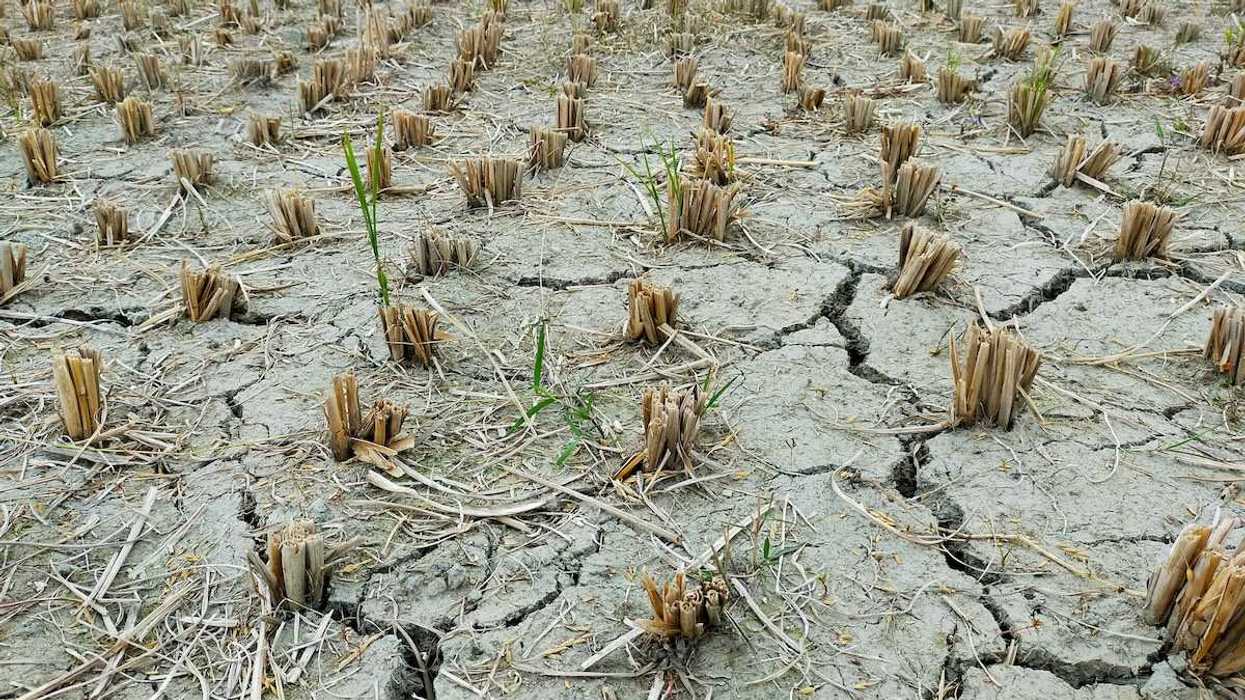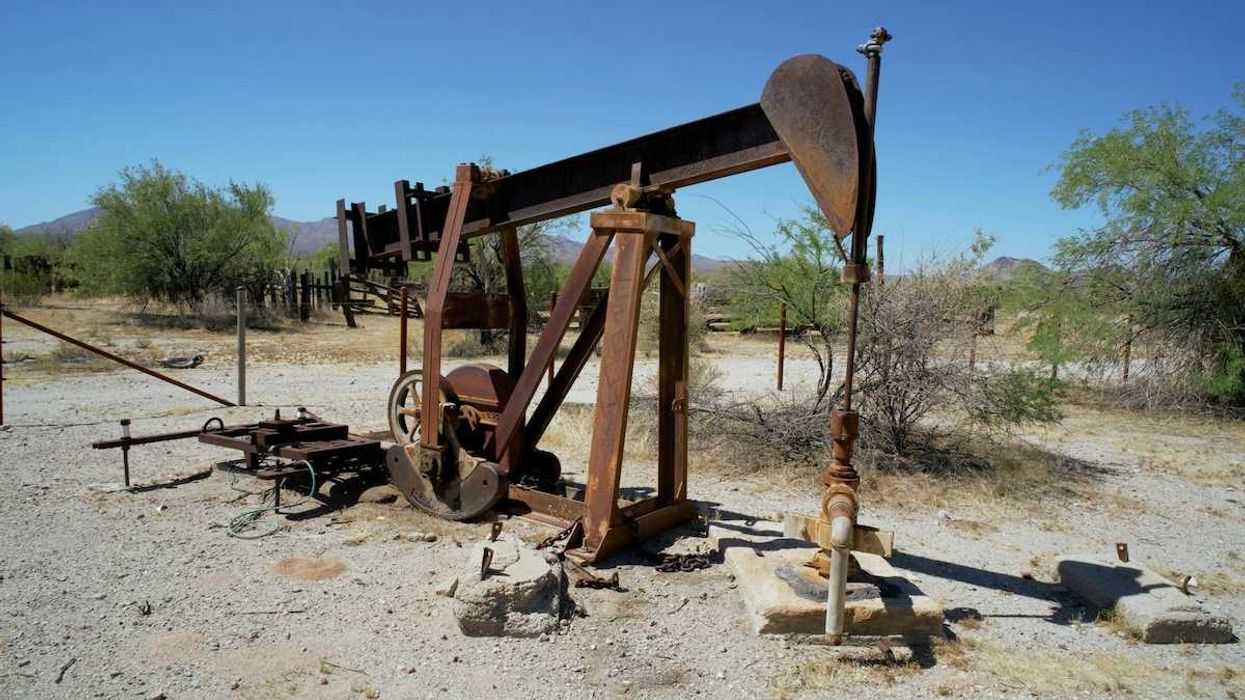Mayflies and other tiny stream organisms are revealing alarming signs about the impact of urban wildfires on waterways, showing how toxic metals released by fires may disrupt ecosystems for years.
Lauren Magliozzi reports for The Washington Post and The Conversation.
In short:
- After wildfires sweep through urban areas, pollutants like copper, lead, and zinc are carried into nearby streams, increasing metal concentrations up to 200-fold.
- Sensitive aquatic species, like mayflies, suffer from reduced reproduction and population declines due to toxic metal exposure, altering the entire ecosystem.
- Pollutants from burned materials affect water used for irrigation and recreation, potentially leading to long-term contamination and ecological damage.
Key quote:
“Mayflies’ decline is a concerning indicator of ecosystem stress.”
— Lauren Magliozzi, researcher at University of Colorado at Boulder
Why this matters:
When wildfires blaze through cities, they leave behind more than scorched earth. Metals like copper, lead, and zinc from destroyed infrastructure get washed into rivers and streams. Mayflies, being super sensitive to changes in water quality, are taking the hit. Their populations plummet, and that ripple effect runs deep, disrupting ecosystems that rely on them. Read more: We’re dumping loads of retardant chemicals to fight wildfires. What does it mean for wildlife?





